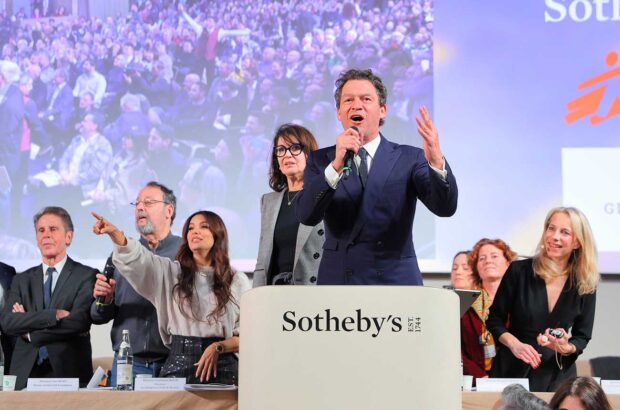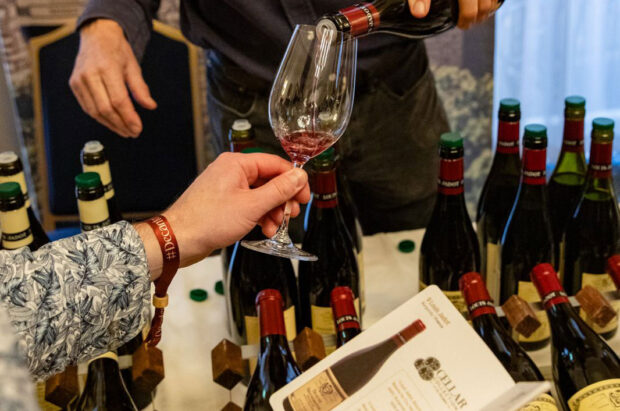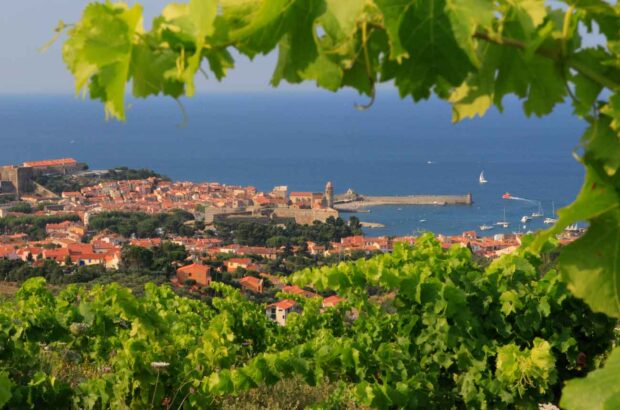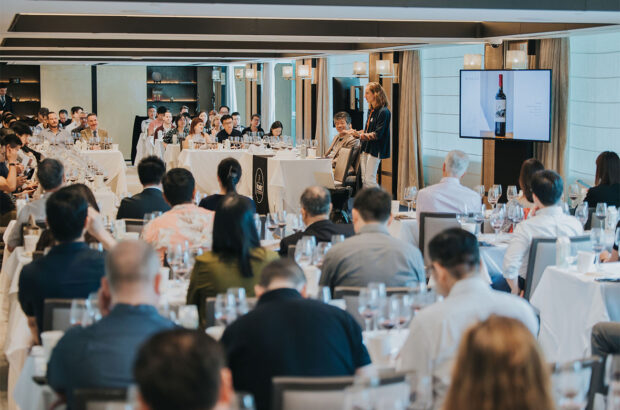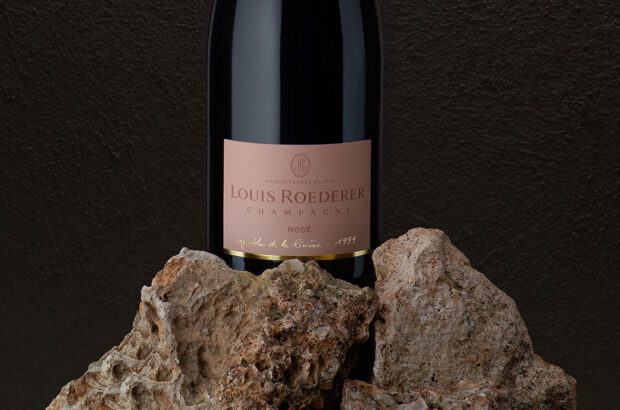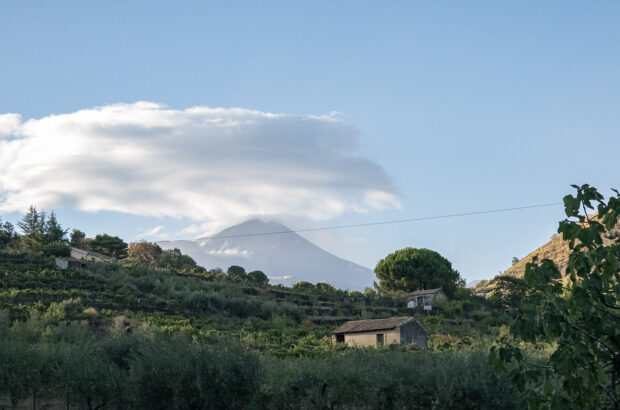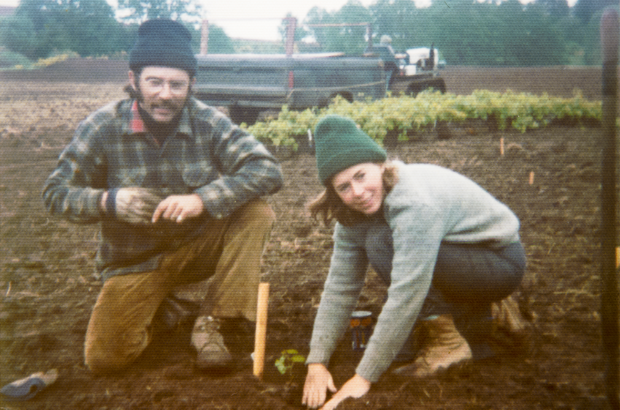Gabriel Lepousez is a neuroscientist working in the Perception and Memory Laboratory in Paris. Grounded in his work on the neuronal basis of sensory perception, memory and emotions, he seeks to explain to wine professionals and amateurs how the brain works during wine tasting and how to enhance our neurosensory experience of wine.
How did your wine focus come about?
It’s born from the meeting between my work as a neuroscientist and my personal enthusiasm for wine and tasting. Several years ago, to my great surprise, I noticed that most professional tasters – sommeliers, winemakers and wine critics – know little about the brain, even though it is the tool they use daily to analyse wine! This prompted me to develop a neurosensory approach to wine tasting and offer my expertise to the industry.
What’s the best thing about your job?
The balance between research, teaching and wine tasting. And the fact that, because neuroscience and wine can interact on many levels, I meet many experts and learn a lot from them!
And the worst?
The frustration around not being able to dedicate 100% of my time to each of these different facets of my job.
What’s the most common misconception in your field?
Wine professionals generally underestimate the importance of the brain in tasting. What sets experts like sommeliers or perfumers apart from novices is not their extraordinary nose – but rather their extraordinary brain, with a large and optimised memory. In other words, to improve your nose, you should improve your brain.
Your greatest moment, professionally?
Every time I see a wine producer talking about neuroscience with his clients during a tasting, it’s a little victory.
And your greatest mistake?
I’ve been slow to adapt my educational projects to digital and social media, despite a strong interest from the young wine connoisseurs. Fortunately, I’ve recently started working with the Wine Scholar Guild to develop an online tasting course – a great project!
Has your knowledge helped improve your own tasting technique?
Knowing yourself helps you to critically assess your tasting routines and choice of descriptors. And knowing others (for instance, knowing about genetic and cultural variabilities) can influence the importance we attach to each of our sensations. All this allows you to know when you are robust and reliable.
Which wine styles do you most enjoy?
I like wines that offer an expressive gustatory dynamic associated with nice salivation, such as terroir-driven whites from Loire, Alsace, Jura or Burgundy.
What advice would you give someone wanting to be a better taster?
Work on your self-confidence, because from confidence comes pleasure. This confidence can be built by enriching and consolidating your memory to improve your recognition performance, and by melding different tasting approaches (blind versus non-blind, with analytical, geo-sensory or appreciative methods) to observe all facets of the wine.
In your experience, are women naturally better tasters than men?
Women don’t appear to have a greater sensory acuity than men. However, women are usually better than men at describing and verbalising their perceptions, better at identifying and naming aromas, for instance. Is this due to genetic/hormonal differences, or to a greater interest in aromas? There is still work to be done to unlock all the secrets of our brain.





